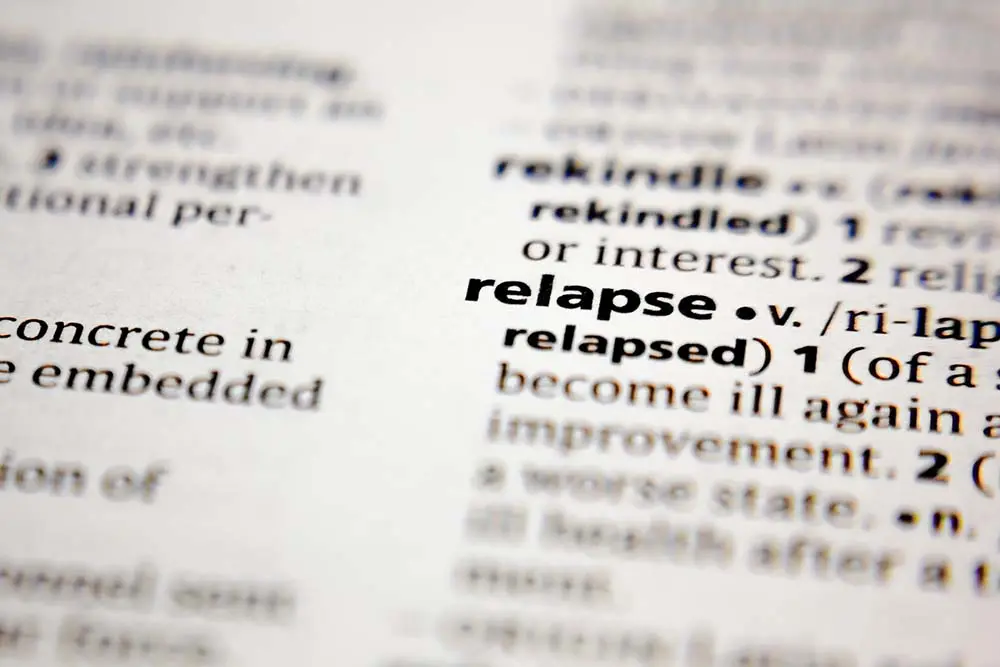If you’re drinking more alcohol than usual or starting to use drugs to ease the tension, and think you might have the start of a problem, find out for sure by answering these four questions.
Whether you think you may have a problem or know someone who may have a problem, here are some important things to know about addiction.
Addiction is a treatable, chronic medical disease that affects how the brain’s circuits work, particularly those involved in reward, motivation, and self-control. While addiction includes both substance use disorders and behavioral addictions (like gambling disorder or gaming addiction), today we will focus on drug and alcohol addiction, known medically as substance use disorders.
People with addiction experience powerful urges to use drugs or alcohol, often feeling unable to control their usage even when it causes serious problems in their life. This isn’t due to a lack of willpower. It’s because addiction actually changes how the brain functions. As substance use continues, these brain changes can dramatically affect a person’s behavior, thinking, and overall quality of life.
Like other chronic diseases, addiction typically involves cycles of relapse and recovery. However, with proper treatment and support, people can manage their addiction and find lon-term recovery.
While any substance can lead to addiction, certain drugs are known to cause physical dependence more quickly and intensely than others. The risk of developing an addiction varies from person to person, but some substances are particularly dangerous due to how they affect the brain’s chemistry and reward system.
Here are some of the substances that carry the highest risk of physical dependence:
Other commonly misused substances include:
Remember that even if a drug is legal or prescribed, it can still lead to dependence when misused. If you’re concerned about your use of any substance, it’s important to seek professional help.
Substance use disorders can affect anyone, regardless of their background, age, or life circumstances. While anyone can develop an addiction, certain risk factors may make some people more vulnerable than others. Understanding these risk factors is crucial for prevention and early intervention.
Common risk factors for developing a substance use disorder include:
It’s important to remember that having these risk factors doesn’t guarantee someone will develop an addiction, and their absence doesn’t prevent one. However, understanding your personal risk factors can help you make informed decisions about substance use and seek help early if needed.
Ongoing substance use itself can lead to various health problems, which may further complicate recovery. This is why early intervention and professional support are crucial for successful treatment.
While there isn’t a simple cure for addiction, it is a treatable medical condition. Modern treatment options combine several approaches to help people achieve and maintain recovery:
Recovery is a journey that looks different for everyone. The most successful treatment plans are personalized to address both substance use disorders and any co-occurring mental health conditions.
At Eleanor Health, we understand that taking the first step toward treatment can feel overwhelming. That’s why we offer:
We’re here to help you build momentum toward the future you want. With locations in Louisiana, Massachusetts, North Carolina, New Jersey, Ohio, Texas, and Washington, recovery support is closer than you think.
Contact us today to learn more about our treatment programs and take the first step toward recovery.
 Addiction Relapse: Why It Happens & How to Prevent It
Addiction Relapse: Why It Happens & How to Prevent It
 Alcoholism: A Family Disease
Alcoholism: A Family Disease
 Signs and Symptoms of Alcoholism – How to Know if Someone Has a Drinking Problem
Signs and Symptoms of Alcoholism – How to Know if Someone Has a Drinking Problem